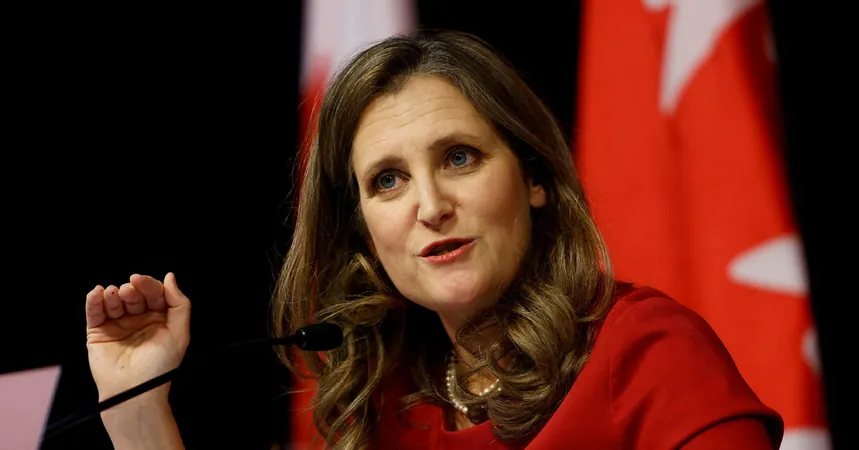
Shockwaves in Canadian Politics: Chrystia Freeland Resigns, Leaving Trudeau's Leadership in Jeopardy
2024-12-16
Author: Emma
In a stunning turn of events that has sent shockwaves through the political landscape of Canada, Prime Minister Justin Trudeau’s grip on power is facing a serious challenge. The abrupt resignation of Deputy Prime Minister and former Finance Minister Chrystia Freeland on Monday signals a turbulent period ahead for Trudeau's Liberal government.
Freeland, who has been a pivotal figure in navigating Canada’s turbulent relationship with the United States under Trump’s first administration, stepped down amid escalating concerns about President-elect Donald J. Trump's looming threat of imposing significant tariffs on Canadian goods. Trump's warning of a 25 percent tariff unless Canada and Mexico take more stringent actions against undocumented immigration and drug trafficking poses a critical challenge to Canada's economy, which is already under strain.
In her resignation letter, Freeland did not hold back her criticism of Trudeau's leadership, accusing him of engaging in “costly political gimmicks” while diverting attention from the urgent tariffs issue. “Canadians know when we are working for them, and they equally know when we are focused on ourselves,” she remarked, directly calling into question Trudeau’s priorities.
Freeland’s resignation has sparked a wave of unrest within Trudeau's own party, as several Liberal Party members have begun pressing for his resignation as leader. A key figure in the opposition, Conservative Party leader Pierre Poilievre, has seized the moment to intensify calls for an immediate federal election, asserting that the government is "spiraling out of control."
The fallout of Freeland's decision is compounded by another resignation—that of Sean Fraser, the Housing Minister, who also announced he would leave his position on the same day. Additionally, reports reveal that four other cabinet ministers have indicated they will not run in the upcoming elections, raising serious questions about Trudeau's ability to maintain party unity and momentum.
The current political climate leaves Trudeau facing three potential scenarios. If internal dissent escalates, he may be pressured to step down, prompting a leadership contest within the Liberal Party. Freeland is considered a strong candidate for this role if such a leadership race were to unfold.
Alternatively, Trudeau might opt for an early election to solidify his position, a move some Liberal MPs are advocating for, especially as they confront the daunting prospect of tariff negotiations with Trump’s administration. As a prime minister with historically low approval ratings, Trudeau's choices are limited. He must balance internal party pressures with the necessity of presenting a united front in a challenging economic environment.
Adding to the uncertainty, any failure of the upcoming economic statement in Parliament could trigger a snap election if Trudeau cannot garner the necessary support from opposition parties. With recent polls indicating a considerable lead for Poilievre’s party, the stakes have never been higher for Trudeau.
Freeland’s departure marks the culmination of a growing divide between her and Trudeau, exacerbated by the Prime Minister’s decision to exclude her from a recent visit to Trump’s Mar-a-Lago estate, a gesture that many interpreted as diminishing her role within the administration.
With Freeland having previously built a solid reputation on the international stage as a leading journalist before stepping into politics, her insights and leadership will be sorely missed amidst the looming economic crisis. As the dust settles, the repercussions of her resignation will undoubtedly shape the Canadian political landscape in the months to come. Will Trudeau be able to navigate this storm, or is the Liberal Party facing a reckoning? Political analysts and Canadian citizens alike are left questioning what the future holds.
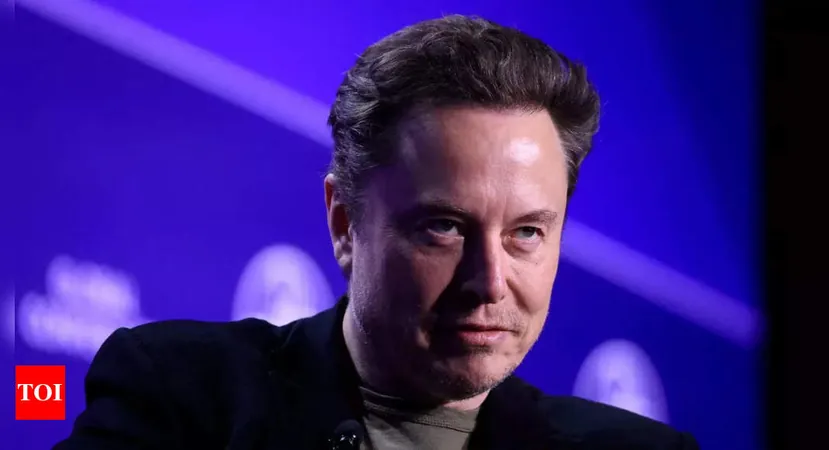
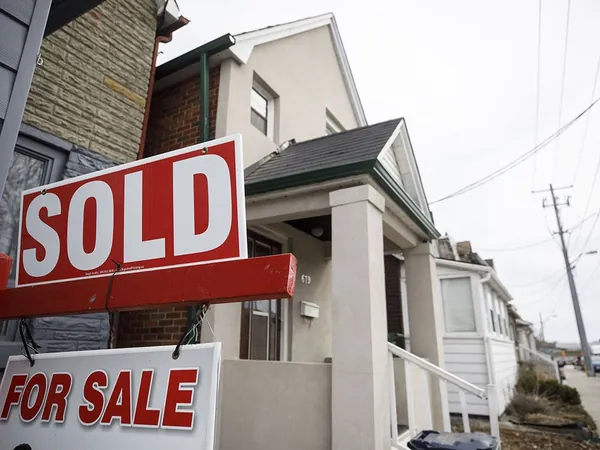
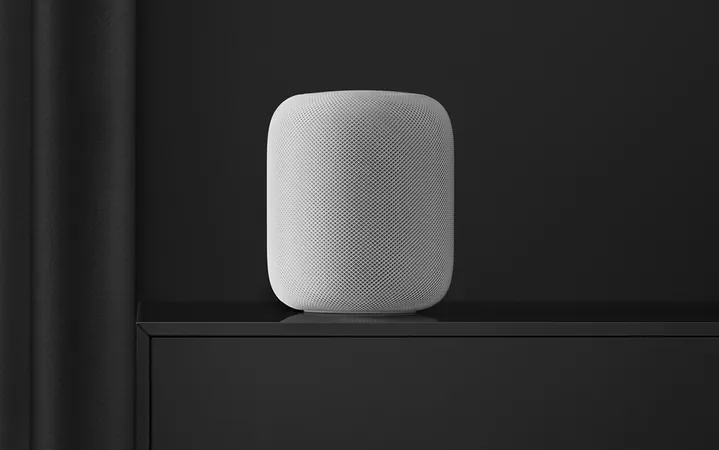
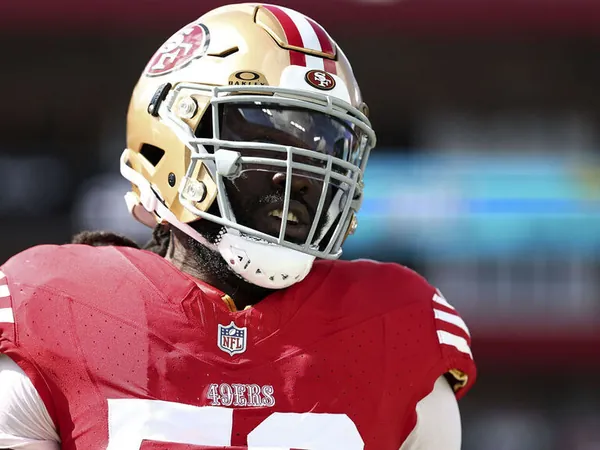
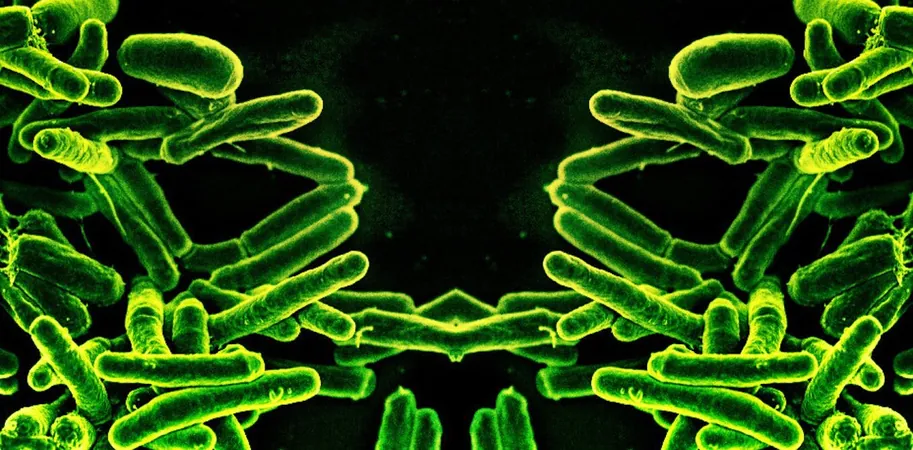
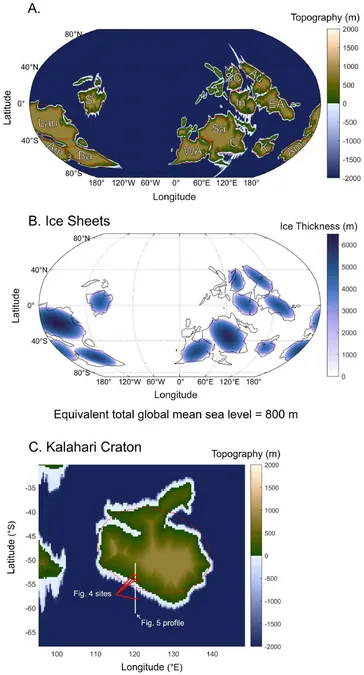
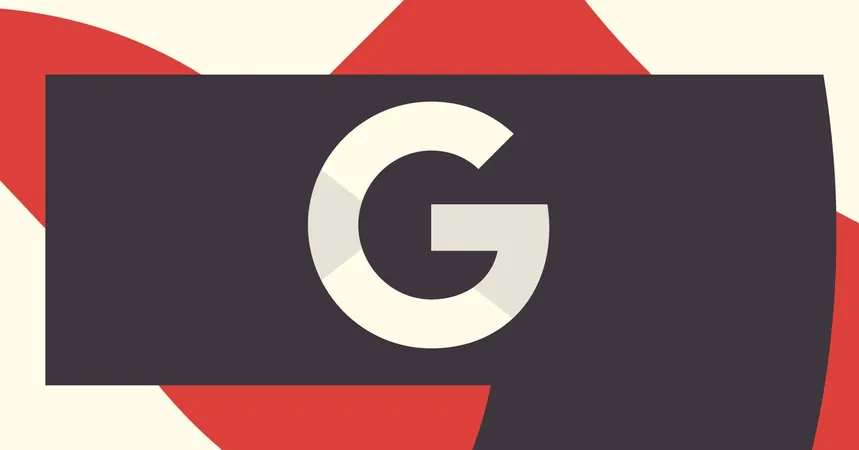

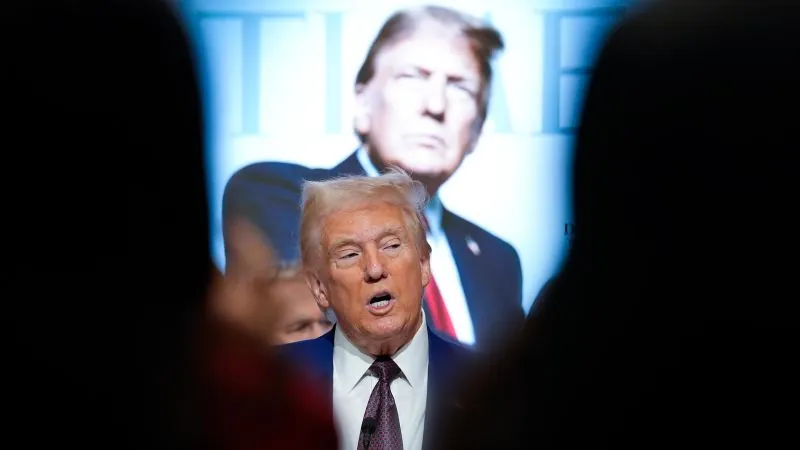
 Brasil (PT)
Brasil (PT)
 Canada (EN)
Canada (EN)
 Chile (ES)
Chile (ES)
 España (ES)
España (ES)
 France (FR)
France (FR)
 Hong Kong (EN)
Hong Kong (EN)
 Italia (IT)
Italia (IT)
 日本 (JA)
日本 (JA)
 Magyarország (HU)
Magyarország (HU)
 Norge (NO)
Norge (NO)
 Polska (PL)
Polska (PL)
 Schweiz (DE)
Schweiz (DE)
 Singapore (EN)
Singapore (EN)
 Sverige (SV)
Sverige (SV)
 Suomi (FI)
Suomi (FI)
 Türkiye (TR)
Türkiye (TR)